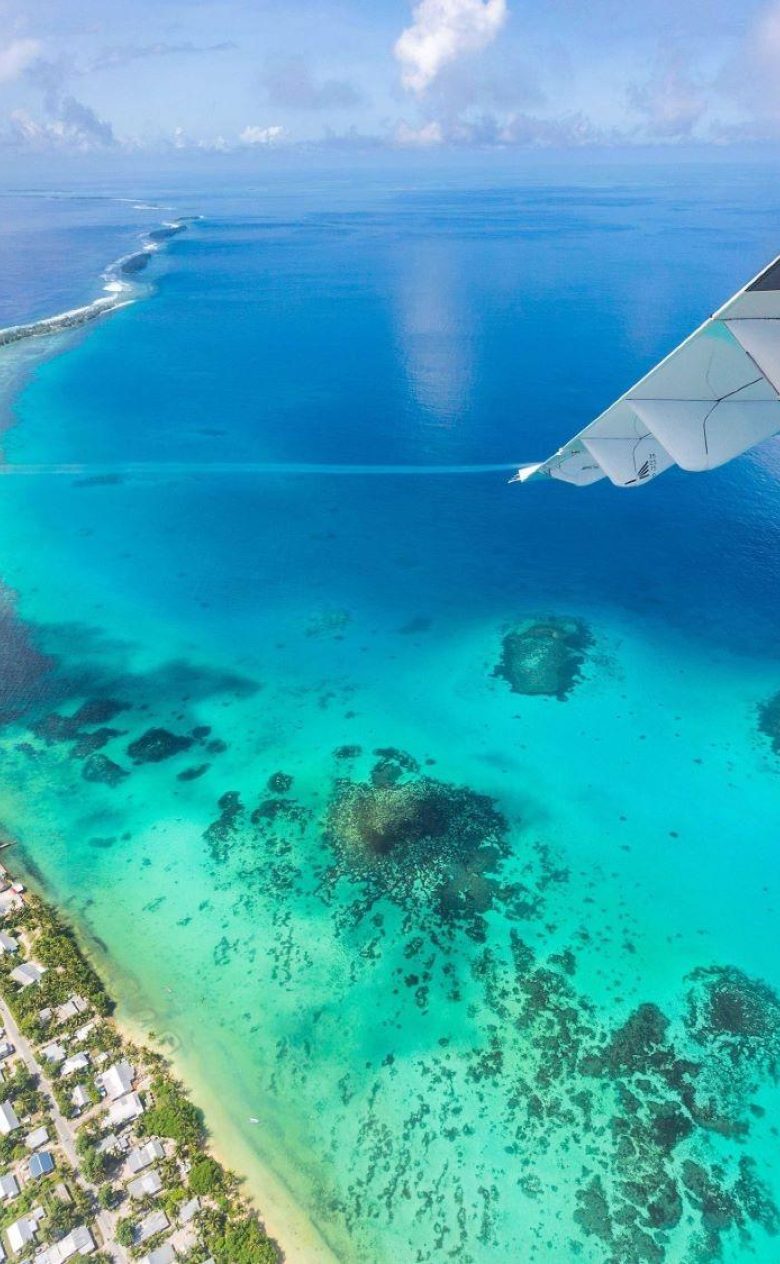Reclaiming narratives for open climate adaptation futures
Narratives of the future matter in climate adaptation. The narrative that certain areas will inevitably become uninhabitable due to sea level rise is powerful but may silence important debate about alternative climate adaptation futures. This is the conclusion of a paper published today in Nature Climate Change by researchers from Deltares, Griffith University, University of Melbourne, Wageningen University, and the Pacific Theological College.

Read the article 'Reclaiming open climate adaptation futures'
Habitability also mediated by human actions
The importance of adjusting to sea level rise is widely accepted. Without adaptation sea level rise may cause currently inhabitable areas to become uninhabitable. The timing and manner in which sea level rise will impact habitability, as well as the potential for adaptation efforts to enhance future habitability, remain uncertain. It has been suggested that sea level rise will inevitably and imminently lead to uninhabitability for some areas.
This narrative is not necessarily accurate, as habitability is mediated by human actions and is not a direct consequence of environmental change. The object of this particular narrative is often low-lying areas in the Global South, such as delta areas of Bangladesh, and the entire land territory of some atoll states such as Tuvalu and Kiribati.
Knowledge innovations
This narrative of ‘inevitable uninhabitability’ is ethically and equitably problematic, because it closes consideration of adaptation pathways for some whilst keeping them open for others. It is also political, drawing on beliefs about the value of some places over others.
In doing so, it fails to properly capture future visions, including indigenous knowledge innovations. The potential outcome of climate change adaptation should not be locked in by an overly deterministic narrative.
This narrative needs to be questioned, especially if this vision of the future is not shared by the inhabitants and government of an at-risk area. People at risk of uninhabitability should have their self-defined narratives of their own climate adaptation futures central to policy, science and public discourse that seeks to address the different spatial and temporal implications of climate change
Ruben Dahm
The authors of the article do not assert that all ideas to protect Islands like Tuvalu are practical, but they advise that these proposals should be given serious consideration instead of being dismissed a priori.
